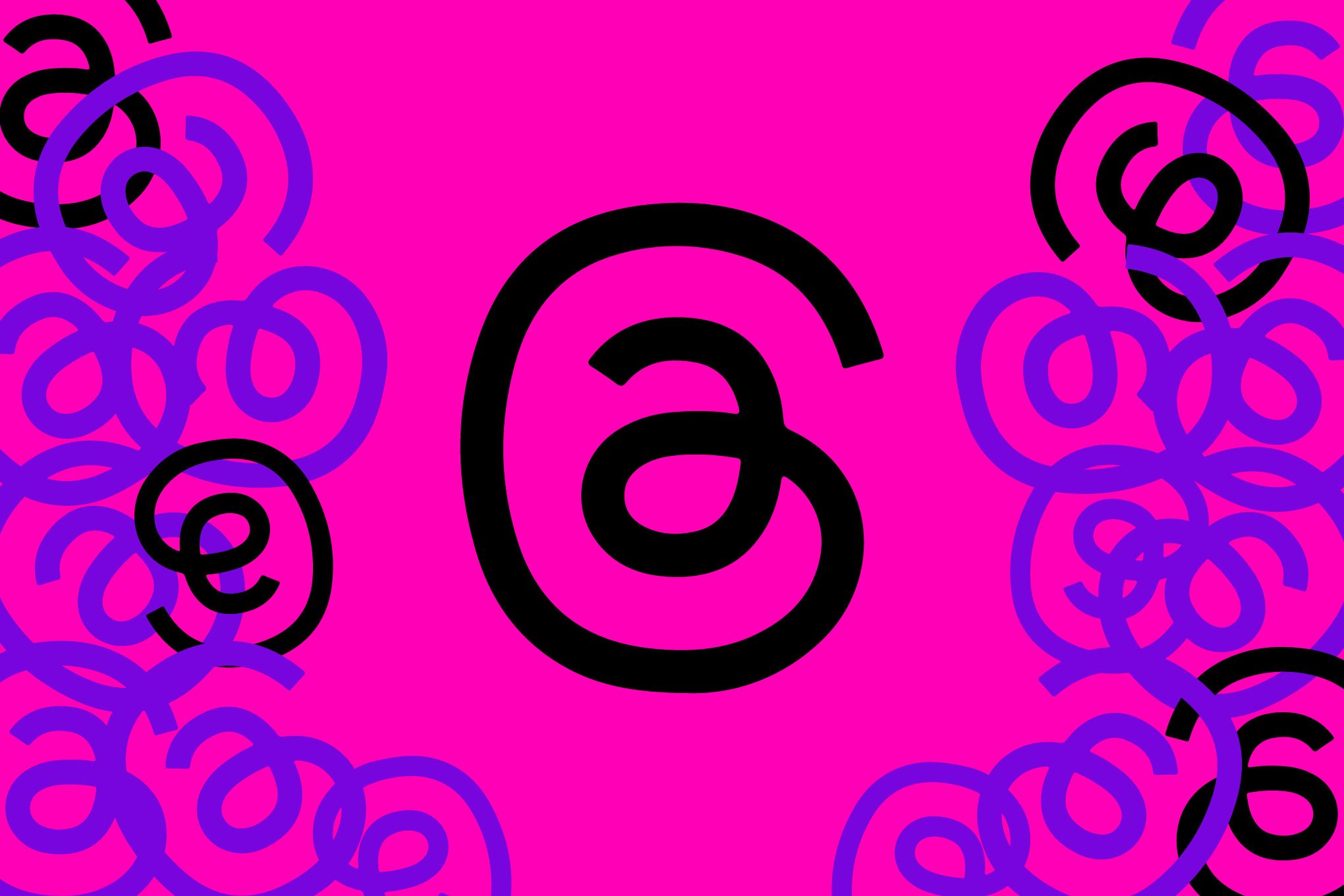Meta just rolled out 'ghost posts' on Threads - a feature that automatically archives posts after 24 hours. The launch puts Meta's Twitter competitor in direct competition with ephemeral content formats that have dominated social media, while addressing a long-standing user request that X users have been clamoring for through third-party tools.
Meta's Threads just dropped a feature that X users have been begging for - and it might be the move that finally gives the platform some serious differentiation in the crowded social media landscape. The company is rolling out 'ghost posts,' content that automatically vanishes after 24 hours, putting Threads squarely in the ephemeral content game that's been reshaping how people share online.
The timing couldn't be more strategic. While X users have long requested disappearing posts and turned to clunky third-party archiving tools to manually delete their content, Meta is delivering a native solution that works seamlessly within the platform. Users simply toggle a ghost icon during post creation, and their thoughts appear as grayed-out chat bubbles that self-destruct in 24 hours.
This isn't just another me-too feature - it's part of Meta's calculated strategy to make Threads the anti-Twitter. The company has been methodically rolling out features since first testing ghost posts back in April, including direct messages, 10,000-character posts, and group chats. The platform also recently added topic-based communities to help users discover relevant conversations.
The ghost post feature taps into a broader shift toward ephemeral content that Meta helped pioneer with Instagram Stories. But unlike Stories, which disappear from public view while remaining in your archive, ghost posts vanish completely from profiles while preserving private interactions. When users reply to a ghost post, the conversation moves directly to the creator's inbox, invisible to other users along with likes and engagement metrics.
This privacy-first approach reflects Meta's understanding of how social media behavior has evolved. Users increasingly want to share thoughts without the permanent record that traditional posts create, especially as AI scraping and data persistence become bigger concerns. The feature gives users permission to be more spontaneous and vulnerable without worrying about their words haunting them months or years later.












